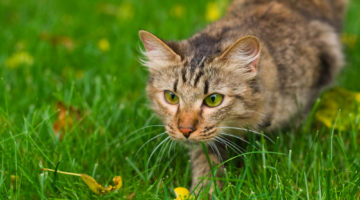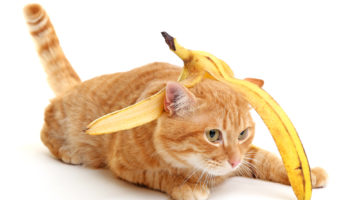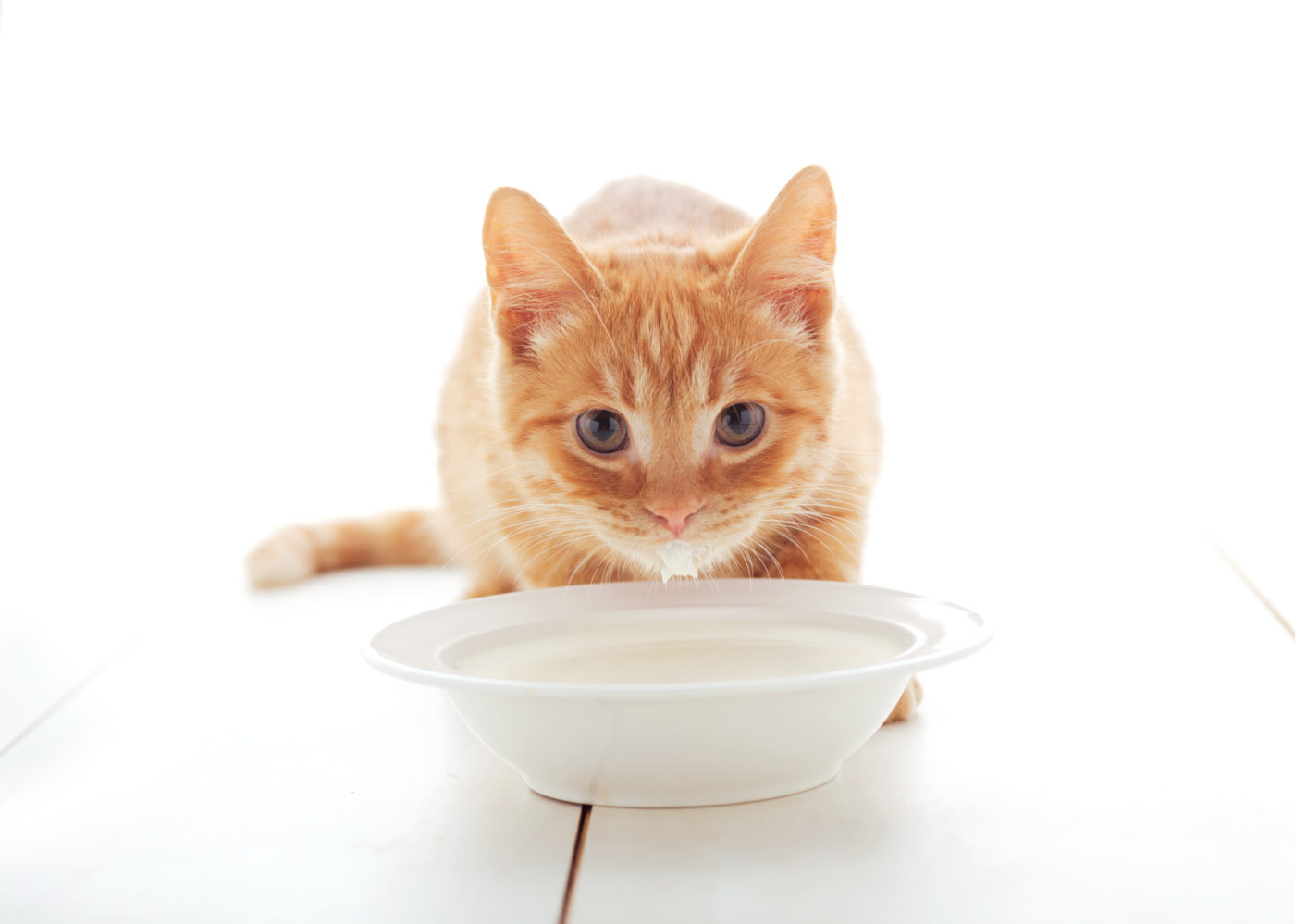Considering a homemade diet for your cat? Then you have to ensure she’s getting all the vitamins and minerals she needs to stay in good health.
Many people are opting to give their cats a homemade diet. But “homemade” means a lot more than just cutting up some meat and putting it in a bowl. Cats have distinct nutritional requirements that meat on its own can’t meet. It’s important to use a balanced recipe that includes all the essential vitamins and minerals a cat needs to stay healthy.
The basic supplements I recommend per pound of meat are:
- 1 rounded tablespoon calcium (citrate, lactate, ascorbate, or carbonate)
- 1/2 tsp salt (sodium chloride)
- 1/2 tsp salt substitute (potassium chloride)
- 1/2 “complete” human multivitamin-mineral supplement
- 1 probiotic/digestive enzyme supplement
- 500 mg taurine
In addition to these, which are needed simply to balance a homemade diet, I recommend two more main categories of nutritional supplements.
1. Digestive support helps a cat get the maximum benefit from her diet and keeps her gastrointestinal system healthy and working efficiently.
- Digestive enzymes: The pancreas secretes digestive enzymes as food passes through the intestines. However, the pancreas was never intended to provide 100% of the enzymes needed for digestion. The cat’s wild diet of fresh prey already contains thousands of enzymes, many of which contribute to digestion. Plant-based enzymes work in the widest ranges of pH and temperature and are best for your cat. Add a little pinch to each meal. Make sure the product contains at least protease, amylase, and lipase (some also contain cellulase, which helps digest cellulose in vegetables).
Tablets should be powdered (use a coffee grinder or mortar and pestle). Capsules can be opened and their contents mixed with food.
- Probiotics: These “friendly” bugs include acidophilus and other beneficial bacteria. They are of special importance to cats with any type of digestive problem, or who have been on antibiotics. Probiotics help keep the bacteria population in the gut balanced and healthy, and prevent “bad” bacteria from gaining a foothold.
- Prebiotics: These foods (typically soluble fibers) aren’t digested, but instead are fermented in the colon by bacteria. Prebiotics are beneficial for both the bacteria and the host’s colon lining cells. Happy bacteria and well-nourished colon cells are less susceptible to inflammation and constipation, two major issues in cats. Chicory and inulin are common prebiotics. Prebiotics, probiotics and digestive enzymes can be found at any health food store; either a human or pet product will work. Most come in powder or capsule form, which makes them easy to add to wet food. There are even combination products containing all three supplements that really simplify the process.
2. Immune support is important to help manage the oxidation and inflammation that naturally occur in the body, and to prevent damage and degeneration of joints and other tissues and organs. Antioxidants and Omega-3 fatty acids both have excellent anti-inflammatory properties that help ward off many effects of aging and chronic disease.
- Antioxidants: There are many kinds of antioxidants. They are important for neutralizing or scavenging “oxygen free radicals”, which are normal by-products of body metabolism. Controlled amounts of free radicals are necessary as weapons against viruses and bacteria, and for their role in hormone production and numerous enzyme-catalyzed reactions. However, excess free radicals can damage cellular DNA, destroy cell membranes, and lead to longterm immune system damage and cancer. Excessive free radicals are formed from exposure to radiation, environmental pollution, and other modern perils.
Looking for something simple? Consider products that create a fully balanced diet in just one or two steps. Sojos, The Honest Kitchen and Celestial Pets are just three companies that make pre-mixed supplements you can add to meat and/or other fresh ingredients to create a safely balanced feline diet.
Common antioxidants include vitamins C and E, which have significant antioxidant activity as well as many other important metabolic functions.
- Natural vitamin C should contain the bioflavonoids that naturally come with it.
- Natural vitamin E (d-alpha tocopherol and mixed tocopherols) tastes good to most cats; just prick the capsule with a pin, squeeze a drop on your finger, and let the licking begin.
- Other good antioxidants for cats include coenzyme Q10 (5 to 10 mg per day), anthocyanins, bioflavonoids, and milk thistle (1/8 to 1/4 of the human dosage).
- Omega-3 fatty acids: Omega-3 fatty acids are found in highest concentrations in deep sea fish oils (such as salmon, herring and menhaden, and cod liver), and in flaxseed oil. Avoid salmon oil from farmed fish; buy distilled oil from “wild” salmon, herring or menhaden. Fish oils come in capsules or bottles, but be careful — they may be flavored with cat-unfriendly mint or citrus. Be cautious with cod liver oil, as many brands contain added vitamins A and D, which can be toxic in high doses.
Flaxseed oil is a renewable resource and alternative Omega-3 source. Although it’s not as digestible as fish oil, it does provide benefits. You can grind raw flaxseeds and add them to the cat’s food, or just buy the oil.
The benefits of Omega-3s include better skin and coat condition, antioxidant effects, and improved kidney, immune, and nervous system function. Omega-3 oil must be kept in the refrigerator because it oxidizes quickly when exposed to light or air.
Don’t forget: cats are finicky
It’s not easy to get a cat to take multiple supplements, even in food. The key is to start very small and take tiny steps. Add just a pinch or a drop of one supplement, then slowly increase the amount over days (or even weeks). When you’re up to the desired amount, begin again with a tiny amount of the next one. Most cats will ultimately adapt to them – and patience now will result in a longer, healthier life for your feline pal!
If you’re using a fatty meat, such as dark meat turkey or chicken, it’s not strictly necessary to add more fat to the food, apart from Omega-3s.







No Comment